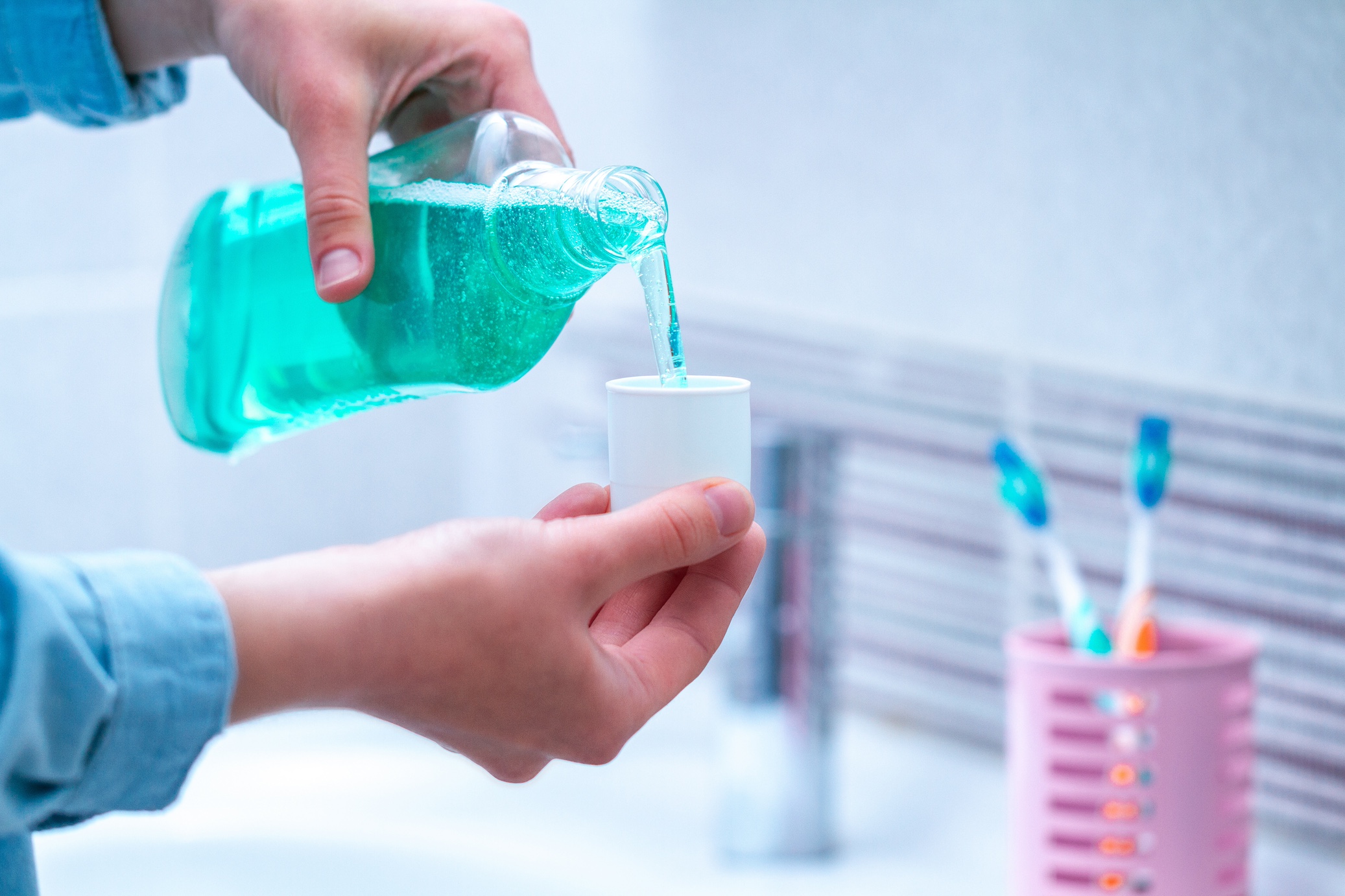Mouthwash, often perceived as a breath freshener, surpasses its primary function and has become a valuable component of numerous oral hygiene routines globally. However, it prompts the question: is this widespread belief truly justified? In this blog post, we aim to explore the true impact of mouthwash on oral health, evaluating its multifaceted benefits as well as its inherent limitations.
What is Mouthwash?
Mouthwash, also known as oral rinse, comes in various formulations. Cosmetic mouthwashes primarily aim to mask bad breath, offering a temporary solution. In contrast, therapeutic mouthwashes are formulated with active ingredients like chlorhexidine, fluoride, and essential oils, designed to provide health benefits such as reducing bacterial growth, preventing plaque buildup, and strengthening teeth.
Benefits of Using Mouthwash
Antibacterial Properties
One of the key benefits of certain mouthwashes is their ability to fight bacteria. By reducing the bacterial load in the mouth, these mouthwashes can prevent plaque formation, a leading cause of gum disease and tooth decay.
Freshening Breath
While temporary, the role of mouthwash in masking bad breath is undeniable. It’s a quick fix for halitosis, providing a sense of freshness and cleanliness.
Preventive Care
Therapeutic mouthwashes can offer significant preventive care benefits. Regular use can aid in preventing gum disease and tooth decay, especially when used alongside regular brushing and flossing.
Limitations and Considerations
Not a Standalone Solution
It’s essential to emphasize that mouthwash is an adjunct to, not a replacement for, brushing and flossing. It can enhance oral hygiene but cannot sufficiently clean teeth and gums on its own.
Alcohol Content
Mouthwashes containing alcohol can have drying effects on the mouth. This can be problematic for some individuals, particularly those prone to dry mouth or oral irritation.
Potential Side Effects
Some individuals may experience adverse reactions like oral irritation, allergic reactions, or dry mouth due to certain ingredients in mouthwashes.
Special Cases
Orthodontic Patients
For individuals with braces or dental appliances, mouthwash can be especially beneficial. It can reach places that are difficult to clean with a toothbrush, helping to maintain oral hygiene during orthodontic treatment.
Sensitive Gums and Teeth
People with sensitive teeth or gums need to choose their mouthwash carefully. Gentler formulations, often alcohol-free, can provide the benefits of mouthwash without the harsh effects.
Choosing the Right Mouthwash
When it comes to selecting the right mouthwash, it’s important to consider individual oral health needs and personal preferences. With a wide range of options available, from natural formulas to specialized ones for specific conditions like dry mouth or sensitivity, there is something to suit everyone’s unique requirements.
Taking the time to explore and find the perfect mouthwash can contribute to maintaining optimal oral hygiene and overall oral health.
Professional Recommendations
Dental professionals widely recognize the significant benefits of incorporating mouthwash into a comprehensive oral hygiene routine. It serves as a valuable addition to regular brushing and flossing, effectively reaching areas that may be missed by other oral care practices.
While mouthwash should never replace proper brushing and flossing, its use in conjunction with these practices can greatly enhance overall oral health and hygiene.
Conclusion
In conclusion, mouthwash can be a highly valuable and effective component of a comprehensive oral hygiene routine. Its benefits extend beyond just freshening breath; it also plays an important role in reducing harmful bacteria and preventing oral health issues.
By incorporating mouthwash into your daily oral care regimen, you can enhance your overall dental well-being and maintain a healthier smile. However, it is important to remember that mouthwash should not be used as a substitute for regular brushing and flossing.
Ready to integrate mouthwash into your oral care routine? Schedule an appointment with Triangle Dentistry for expert advice and personalized dental care solutions.
